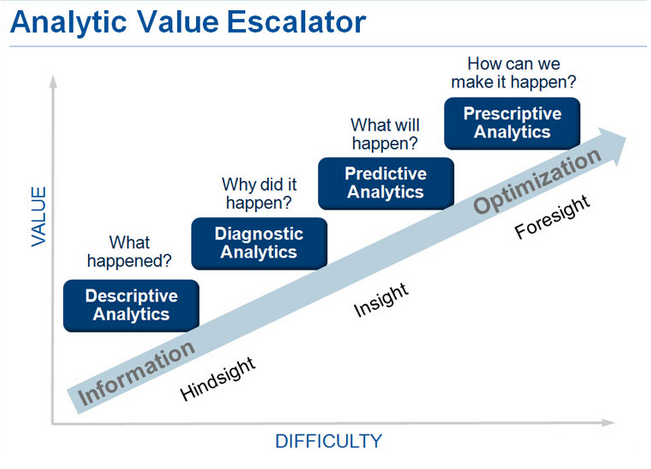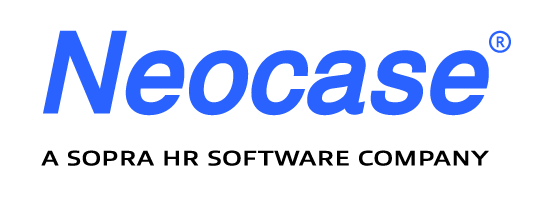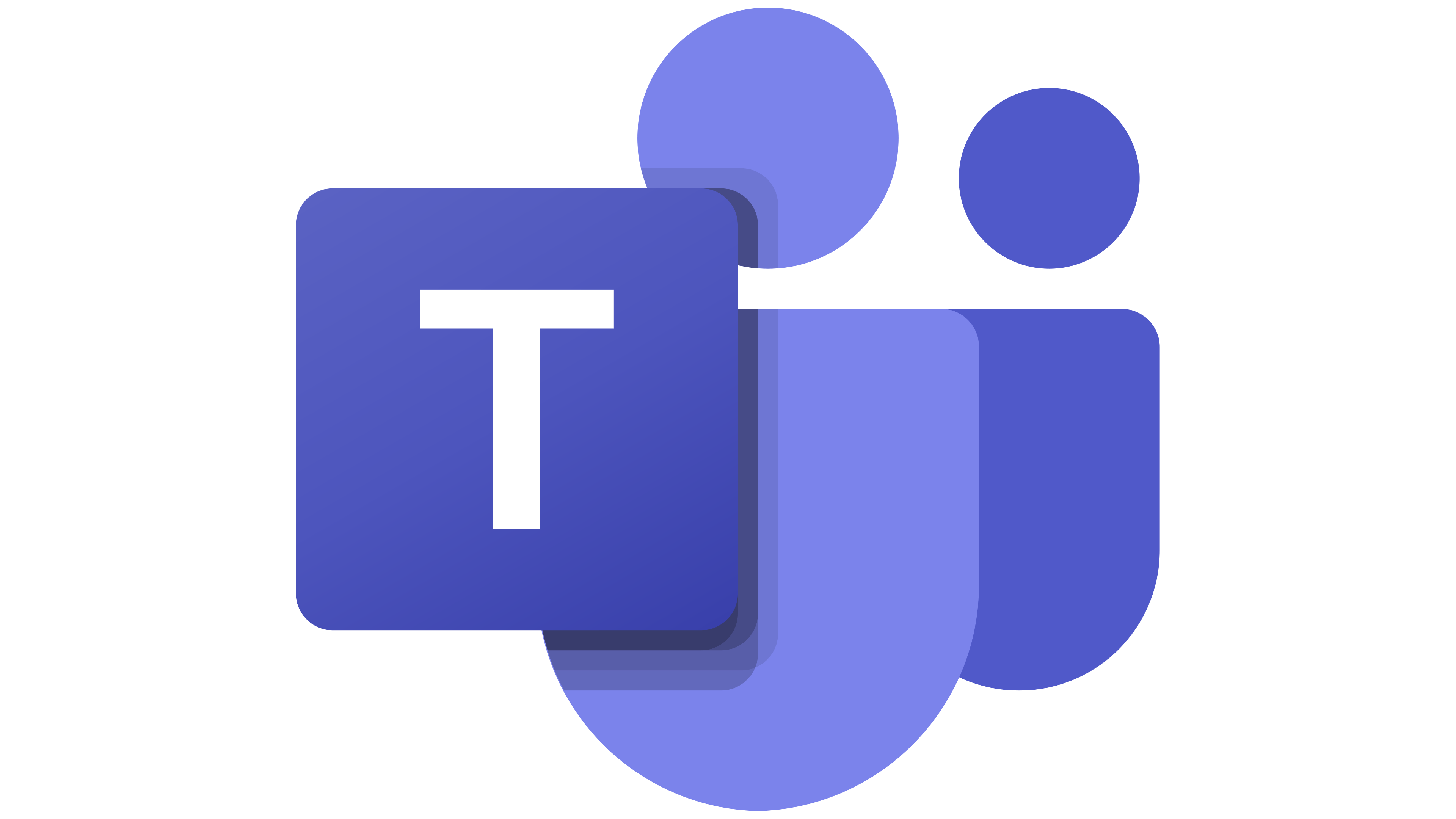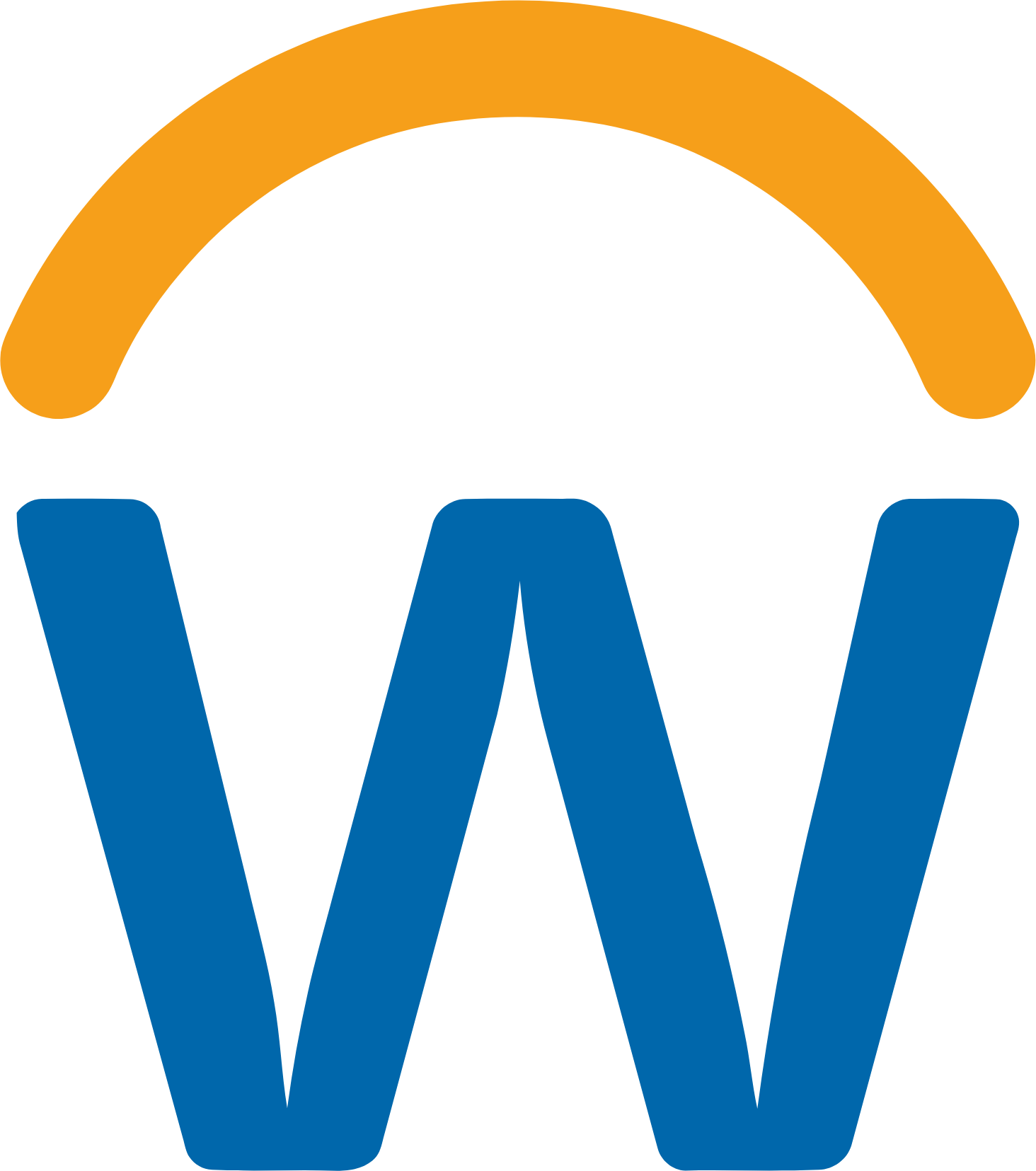Business Analytics is a phrase that can mean a lot of things to a lot of people. This article separates out the topic into four categories, and explain how each type can benefit HR. Those four types are Descriptive, Diagnostic, Predictive and Prescriptive. (Some definitions of business analytics focus on three types by eliminating Diagnostic.)
Descriptive Analytics
Descriptive analytics describes what already happened, or what’s currently happening. Let’s say you’re tasked with recruiting and retaining a large sales organization. You may have access to a dashboard or a report that shows the number or percentage of sales people that have left the organization over the past year. This may be broken down by business unit, product line or some other delineator.
Diagnostic
Diagnostic analytics present the causes of the events revealed by the descriptive analytics. In our example, it could be a graphic report that that shows the ranked reasons why sales people have departed. The reasons may range from low quota attainment to higher base salaries offered by competitors.
Diagnostics reveal the underlying cause of the events presented by descriptive data. If you know the cause, you know where to focus your efforts to mitigate the problem.
Predictive
Predictive analytics focus on what might happen in the future, based on the details of past events. This may be a forecast of which salespeople are likely to resign within the next 90 days. Predictive data is gained through data modeling, machine learning and artificial intelligence.
If you know what’s going to happen, you can prepare for it in advance. Much like if you know that it’s going to rain tomorrow, you can pack an umbrella in your brief case tonight. Similarly, if you know which salespeople are flight risks in the next 90 days, you can advise their managers to approach them now, before it’s too late.
Prescriptive
Here’s where things can get really powerful. Prescriptive analytics suggest decision options and actions you can (should) take, based on the predictions. And unlike purely human decisions that are often subject to illogical biases, the decisions recommended by prescriptive analytics are based on data, and therefore, more reliable.
In our example of the flight-risk sales reps, prescriptive analytics may recommend a particular training regimen be offered to certain sales reps at a specific time before their productivity is likely to decline.
These kinds of actions by HR – made possible by prescriptive analytics – advance the business objectives of achieving top-line revenue, while controlling the cost of sales through minimizing turnover. And its these kinds of business-oriented decisions and actions that will earn HR a seat at the table.
Advances in technology have enabled us to make better business decisions, through the advancement of analytics. No longer is business reporting limited to a look in the rearview mirror. Today’s analytics allow you to know what’s coming around the next turn, and most importantly, what actions you should take from your position in the driver’s seat, to get the best outcome from that turn.
To paraphrase Dr. Edward Siegel, “True Neocase HR comes in influencing business outcomes, rather than just reporting what happened.”

Thanks to Gartner for use of this Analytic Value Escalator

 Microsoft Teams
Microsoft Teams
 Workday
Workday



